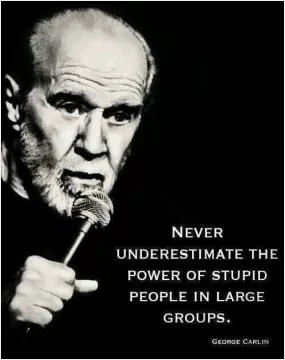Power lasts ten years; influence not more than a hundred

Power lasts ten years; influence not more than a hundred
The proverb "Power lasts ten years; influence not more than a hundred" speaks to the difference between power and influence, and how they manifest over time. Power is often associated with authority, control, and the ability to make decisions that impact others. It is typically held by those in positions of leadership or authority, such as politicians, CEOs, or government officials. However, power is often fleeting and temporary, as it can be easily lost or taken away.On the other hand, influence is the ability to affect the thoughts, actions, and behaviors of others. It is not tied to a specific position or title, but rather to the personal qualities and actions of an individual. Influence is often built over time through trust, respect, and credibility. While power may come and go, influence can endure long after someone has left a position of authority.
The proverb suggests that power is limited in its duration, lasting only about ten years on average. This is likely due to the fact that power can be easily lost through a variety of factors, such as political upheaval, organizational changes, or personal scandals. In contrast, influence is seen as more enduring, lasting up to a hundred years or more. This is because influence is built on relationships, trust, and reputation, which can withstand the test of time.












 Friendship Quotes
Friendship Quotes Love Quotes
Love Quotes Life Quotes
Life Quotes Funny Quotes
Funny Quotes Motivational Quotes
Motivational Quotes Inspirational Quotes
Inspirational Quotes